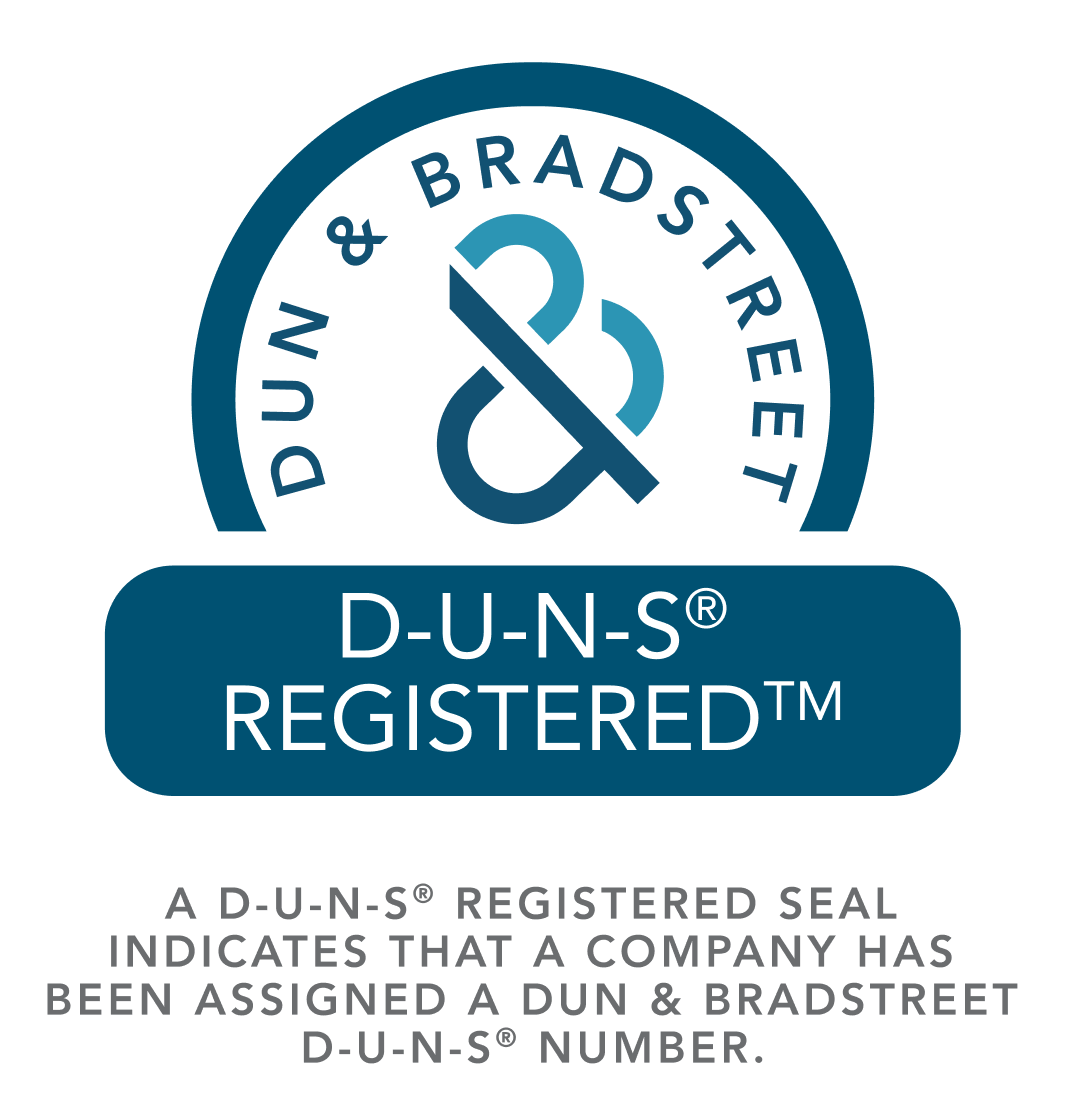Introduction
In today's rapidly evolving healthcare landscape, the role of nurses has become increasingly complex and demanding. As healthcare practices, technologies, and patient needs continue to evolve, it is crucial for nurses to stay updated and maintain their competence. One powerful way to achieve this is through continuing education. By continuously enhancing their skills, knowledge, and competencies, nurses can deliver optimal care, stay abreast of the latest advancements in healthcare, and position themselves for career growth and professional success.
The purpose of this blog post is to highlight the benefits of incorporating continuing education into nurses' routines and to provide practical strategies for achieving this goal. Additionally, we will address the common challenges faced by nurses in pursuing ongoing education and explore various resources available to support their educational journey.
The Significance of Continuing Education for Nurses
Continuing education plays a pivotal role in the professional journey of nurses, serving as a catalyst for their growth, development, and ability to adapt to an ever-changing healthcare landscape. As the field of healthcare continues to evolve, it is imperative for nurses to stay updated and equipped with the latest knowledge and skills to provide high-quality care to their patients. The significance of the pursuit of knowledge for nurses goes beyond intellectualism; it encompasses a multitude of benefits that positively impact both nurses and the patients they serve.
Enhanced Clinical Skills and Knowledge:
Professional development enables nurses to improve their hospital skills and expand their knowledge in specific areas of practice. By staying informed about evidence-based practices, emerging treatments, and advancements in healthcare technologies, nurses can deliver optimal care to their patients. This results in improved patient outcomes and a higher quality of healthcare delivery.
Professional Growth and Career Advancement:
Ongoing education provides nurses with opportunities for career advancement and growth. By specializing in specific practice areas, pursuing leadership positions, or transitioning into research or academia, nurses can broaden their professional career options. Continuous learning and skill development also enhance their marketability, positioning them for professional growth within their current organization or in new healthcare settings.
Being a Reliable Information Source:
Patients and nursing colleagues will frequently question you. It is critical that you give them accurate and reliable information. How easy do you think it will be to recall the right potassium levels in the bloodstream if you haven't attended nursing school in ten years?
Regulatory regulations are often revised, and it is critical to be informed of these changes and understand how they may affect your nursing practices.
Expanded Career Options:
Pursuing continuing education equips nurses with a broader skill set and a wider range of career options. Nurses can explore various specialized fields, such as critical care, oncology, or pediatric nursing, among others. They can also seek opportunities in research, education, healthcare administration, or public health. The ability to adapt and specialize in different areas of nursing increases their professional versatility and opens doors to diverse career paths.
Strategies for Making Continuing Education a Routine for Nurses
Continuing education is vital for nurses to stay updated, enhance their skills, and advance their careers. However, incorporating ongoing learning into a busy schedule can be challenging. To make continuing education routine, nurses can implement the following strategies:
- Set clear goals.
- Create a personalized learning plan.
- Prioritize time management.
- Utilize employer support.
- Embrace online learning.
- Seek professional networks and support.
- Stay updated with industry publications.
- Leverage technology.
- Make learning enjoyable.
- Reflect and apply learning.
However, as a nurse, there are several challenges to consider that may hinder your participation, such as lack of awareness, cost, time commitment, workload, and lack of managerial support. Despite these challenges, there are many types of nursing education programs available for nurses.

Some common types of continuing education for nurses include:
- Workshops and conferences: These events provide opportunities for nurses to learn about new research, techniques, and technologies in their field.
- Online courses: As a nurse, you can learn at your own pace and convenience thanks to the value of online learning. Numerous institutions and professional associations provide online nursing courses.
- Certification programs: Nurses can earn certifications in specialized areas of nursing, such as critical care, oncology, or pediatrics. These certifications demonstrate their expertise and can lead to career advancement.
- In-service training: Nurses can receive training on specific topics or procedures from their employers. This type of training can be tailored to the needs of the organization and the individual nurse.
- Professional development programs: These programs focus on developing leadership, communication, and other skills that are essential for nurses in management or administrative roles.
- Self-study packets: are comprehensive learning materials designed for independent study. These packets often include reading materials, case studies, practice questions, and post-tests to assess knowledge retention. Nurses can complete self-study packets at their own pace and submit their assessments for continuing education credit
- Clinical Preceptorship: Engage in preceptorship programs where experienced nurses mentor and guide you in a clinical setting. This hands-on experience allows you to refine your skills, enhance critical thinking, and gain practical knowledge.
Nurses can advance their careers by taking part in any of the aforementioned schooling programs.
How to Choose the Right Continuing Education Program
Accredited organizations are responsible for creating and presenting nursing continuous education (CE) programs. Through professional nursing associations, nursing programs, course directories, or peer-reviewed publications, you can discover CE possibilities. Your professional ambitions and area of focus will determine the best continuing education for you.
Once you've found a chance that appeals to you, sign up and go to the seminar or conference. Be prepared to take a test at the conclusion of reading a peer-reviewed article. Additional services may record your presence, To report your hours, keep track of them.
Your license must be maintained in most states; however, the number of hours varies. Additionally, several states need continuing education in particular areas. To learn about the requirements for continuing education, contact your state board of nursing.
Requirements for continuing education for nurses in the USA
All states in the United States have specific requirements. Nurses should check the state Board of Nursing website for all requirements. For example In Texas, registered nurses are required to complete a mandatory 20 contact hours every two years. There is also a targeted 1-time, 2-contact-hour CE requirement for any RN practicing in an emergency room setting for forensic evidence collection. LPNs are required to complete 20 contact hours every two years. There is also a targeted 1-time, 2-contact-hour CE requirement for any LPN practicing in an emergency room setting for forensic evidence collection.
Resources for Nurses to Explore Continuing Education Opportunities
In the nursing profession, there are various resources available to be explored for personal and professional development. This includes professional nursing associations, government bodies, and more.
A. Reputable Organizations, Institutions, and Websites: these could be places like
American Nurses Association (ANA) , National League for Nursing (NLN) ,
Healthcare Learning Resources (HLC), Medscape Nurses, etcetera
B. Professional Nursing Associations and Their Educational Resources: such as the Emergency Nurses Association (ENA), Oncology Nursing Society (ONS), Association of Perioperative Registered Nurses (AORN), and American Association of Neuroscience Nurses (AANN).
C. Government Initiatives and Grants: Health Resources and Services Administration (HRSA), National Institutes of Health (NIH), State Nursing Boards.
Effective Strategies and Innovative Solutions to Overcome Barriers in Nurse Continuing Education
Nursing professionals can progress in their careers in large part by furthering their education. Here are a few obstacles and how to get around them for continuing education:
- Lack of awareness: Nurses may not be aware of the available continuing education programs. To overcome this, they can ask their managers or colleagues for information or search online for relevant courses.
- Cost: The cost of continuing education varies. To help with the expenditures, nurses might apply for grants or scholarships. Additionally, they can ask their employer if they provide any financial aid for continuing education.
- Availability: You may find it challenging to balance your work and personal life with continuing education. Try to plan your schedule in advance and prioritize your time to be available for continuing education.
- Workload: Nurses may have a heavy workload, making it difficult to find time for continuing education. They can talk to their managers about reducing their workload or delegating some tasks to other staff members.
- Lack of managerial support: Managers play a crucial role in encouraging nurses to participate in continuing education. Nurses can talk to their managers about the importance of continuing education and how it can benefit both the nurse and the organization.
- Lack of colleague support: Nurses can form study groups or join online forums to get support from their colleagues. This can help them stay motivated and engaged in their continuing education.
Conclusion
Nurses must prioritize self-motivated learning as an essential aspect of their professional development. By embracing ongoing learning, nurses can expand their knowledge, improve patient care, and open doors to diverse career opportunities. Overcoming barriers such as availability and financial limitations can be achieved through setting clear goals, utilizing available resources, and leveraging technology. By actively engaging in continuing education activities, nurses demonstrate their commitment to delivering high-quality care and staying current with advancements in the healthcare field. Continuing education is not only a professional obligation but a pathway to excellence in nursing practice, enabling nurses to make a meaningful impact on patient outcomes and contribute to the advancement of the nursing profession.




